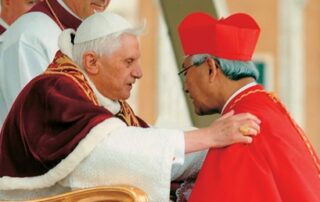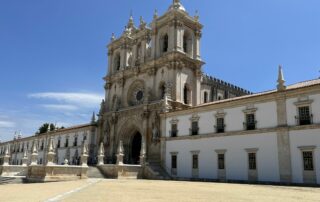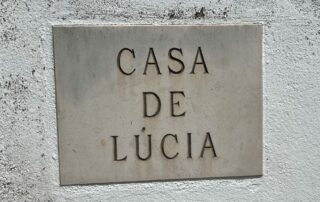The Betrayal of the Catholic Church in China
Above: Pope Benedict XVI and Cardinal Zen, p/c New Liturgical Movement There is some historical evidence that suggests St. Thomas the Apostle went not only to India, but all the way to China. At the latest, we know there were Christians in China from AD 600 forward. Since then, they have been few in percentages but great in suffering for Jesus Christ. The persecution of Catholics in China peaked in the 20th century under the Boxer Rebellion and Mao's Red China. But in 1957, the Communists tried a new move in establishing the "Chinese Patriotic Catholic Association." This was an attempt to mimic the hierarchy of the true Catholic Church [...]









